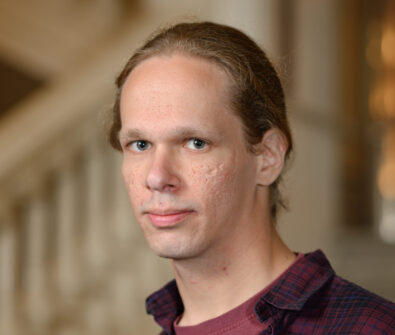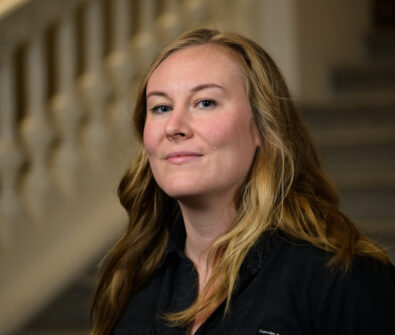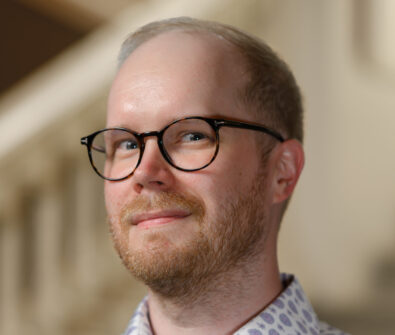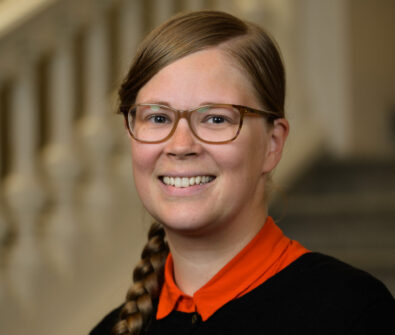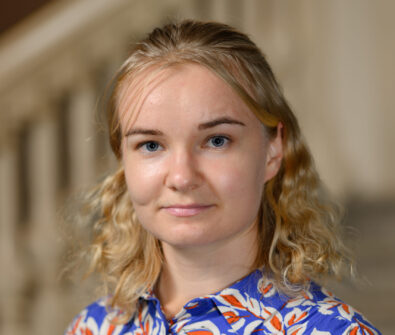Information about genes, the instructions for the human body, and their seemingly-endless variations have transformed our ability to understand the complex biological systems that make us who we are. By mapping genetic variations across populations, researchers can uncover the biological pathways that shape human traits, from physical characteristics to brain development. In medicine, genomics helps identify the underlying causes or rare and common diseases. When applied to neurodevelopmental and neuropsychiatric conditions like intellectual disability or schizophrenia, genomics provide critical isights into the intricate interplay between genes, the brain, and environment.
I am a postdoctoral researcher working at the interface of medical genetics, population studies, and neuroscience. My doctoral research (University of Helsinki, 2024) focused on the genetic architecture of intellectual disability in Northern Finland, after which I spent a year studying the role of genetic variation on sleep and chronic diseases. I am currently a visiting postdoctoral researcher at the Broad Institute of Harvard and MIT, studying the genetic underpinnings of sleep in autism spectrum disorders. I consider communication of science to be a key part of scientific research– not just to other academics, but to non-scientific audiences. I was the founding chair of The Science Basement, a non-profit organization based in Helsinki whose mission is to provide a platform and training for trainees to communicate their research.
Through both my research and public engagement, I aim to bridge the gap between complex genetic discoveries and their human impact. I believe that advancing our understanding of the genome—especially in relation to the brain—not only deepens scientific knowledge but also empowers individuals and communities to make informed decisions about health, society, and the future we are building together.”






